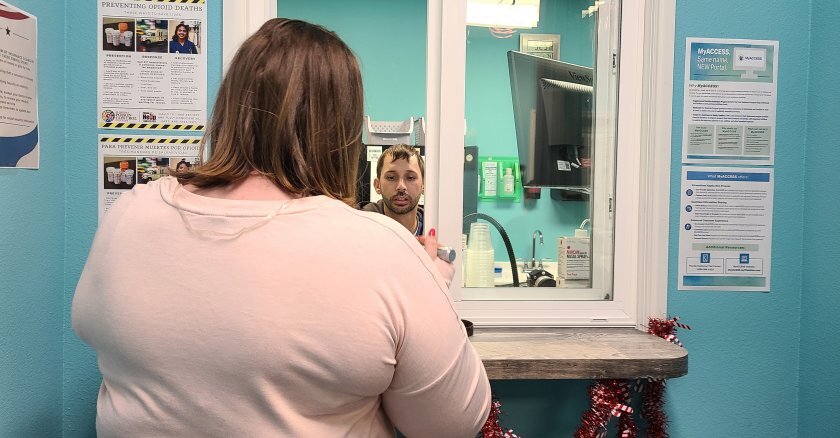To improve addiction treatment and minimize fraud, it’s time for state policymakers to rethink how patients access methadone and how health-care providers are paid.
The key to reform is looking at the incentives now in place and whether they match patients’ real needs or instead create barriers to treatment and successful outcomes. To help determine if patients are receiving the right care in the right way, policymakers should ask these critical questions: Are clinics required to provide services that may discourage patients from staying in treatment, such as mandatory counseling? Are health-care providers paid based on how often patients visit the clinic? Do providers have flexibility to provide care that best suits patients’ needs, such as allowing them to take home doses of medication?
The answers provide insight into whether clinics are offering effective care. Policies regulating these settings should require treatment tailored to meet individual patient needs, yet the opposite often happens in numerous states. Many clinics provide one-size-fits-all care — for example, requiring patients to come in person for daily dosing or mandatory counseling, an onerous demand that keeps away many patients who could benefit. People working two jobs, taking care of children or relying on public transportation often face huge obstacles to daily visits.
The federal government made a positive change last year when the Substance Abuse and Mental Health Services Administration stopped requiring patients to attend counseling sessions to receive methadone and made more patients eligible to receive take-home doses of the medication. Opioid treatment program practices are ultimately regulated by the states, and the good news is that a growing number of them are adopting policies in line with these federal regulations, including California, Colorado, Minnesota, Ohio and Washington. In doing so, these states are expanding addiction care.
They’re also following the evidence: Research into pandemic-era emergency rules that made it easier for patients to take home multiple doses of methadone rather than having to show up daily, and which provided for other flexible treatment options, found that these changes did not increase harm, including worse retention in treatment or more methadone overdoses. Yet as of 2021, 23 states still required counseling on a set schedule, and some mandated zero take-home medication for the first 90 days of treatment or required additional employment or schooling criteria for take-home doses.
Not only should states remove these and similar burdensome regulations, but they should consider adopting new ones that specifically align with federal rules and outline sensible approaches.
Once states adopt flexible rules, the next step is to engage clinic providers and staff to ensure that care reflects this new patient-centered approach. According to the National Coalition to Liberate Methadone — a grassroots organization of public health experts, patients and other stakeholders advocating for improved methadone care — states could adopt a patient-centered approach by, among other recommendations, requiring clinics to establish patient advisory boards that weigh in on clinic policy; offering training for clinical staff to reduce stigma and help them understand the benefits of providing more flexible care; and creating a pathway for patients to raise concerns with state regulators about their care.
Additionally, payment policy should match changes to regulations, as was done during the COVID-19 public health emergency. For example, many clinics are paid on the condition that patients step inside the building for their medication, creating an incentive to deny take-homes. Instead, states can follow Colorado’s lead by requiring that providers be paid the same for in-person and take-home doses. State behavioral health agencies should also collect and track data to see how the delivery of treatment is evolving. Understanding, for example, how many patients are receiving take-home medication and what disparities in access still exist among demographic groups is key to refining practices that would result in higher quality care.
Too many people are still dying in the overdose crisis. States that are serious about tackling it would benefit from reviewing their policies to avoid potential fraud and looking for ways to strengthen incentives that best support individualized patient care and ensure that clinic staff are on board with this approach.
The work ahead is not easy, but we know more than ever before about how to make addiction treatment more accessible. Methadone saves lives, but only if patients can get it.
Frances McGaffey works on the Pew Charitable Trusts’ substance use and prevention treatment initiative.
Governing’s opinion columns reflect the views of their authors and not necessarily those of Governing’s editors or management.
Related Articles












